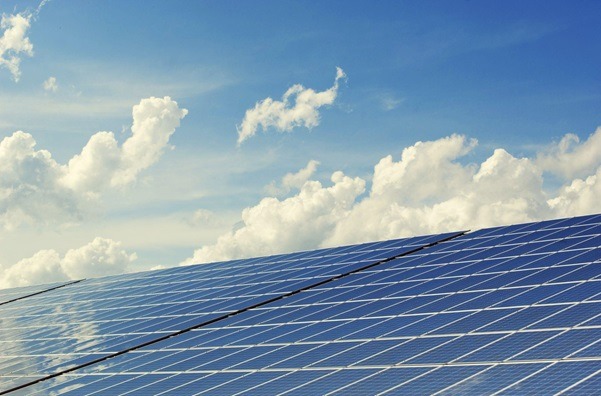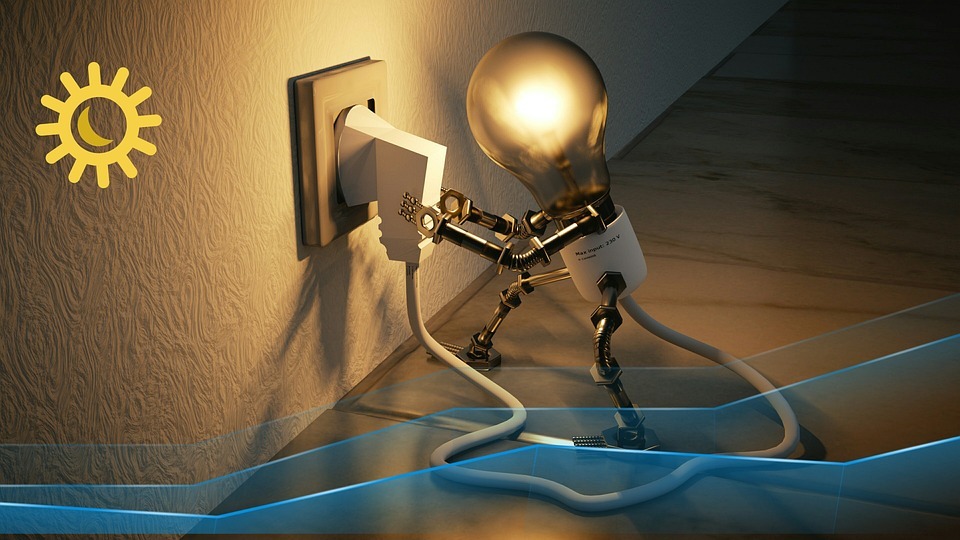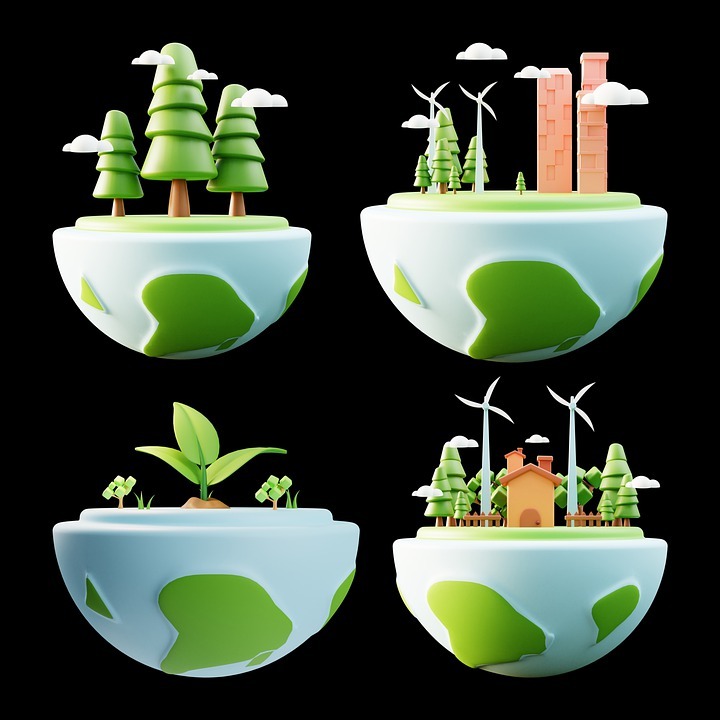Energy management is a concept that applied to organisations for quite a while. However, this idea is increasingly prevalent in more residential settings today. Energy management is significant for multiple reasons. These reasons include reducing the damage to the planet and reducing the need for fossil fuels, which are in limited supply. Reducing cost is another reason for many. Reducing energy usage is critical as the cost of usage increases.
Calgary Energy Advisors provide professional energy consulting and advisory services to help businesses and homeowners in Calgary and surrounding areas reduce their energy consumption and save money on their energy bills.
There are some steps you can take to manage your home energy consumption.
Measure Your Home Power Usage
Today, families use a lot of devices in their homes. Each family member probably has a computer or laptop and phone. Maybe the house has a security system that uses the wifi. Most homes also include items like refrigerators, dishwashers and washers and dryers. Most of these items are used often and may not be shut down properly.
Some technology may be draining energy when you think they are at rest. Computers and laptops are examples of items that can be in sleep mode, but they are still consuming energy. They may be updating or just communicating with the internet. It would be ideal to find what items use energy when not in use. Turn off computers instead of putting them in sleep mode. This will probably save money and reduce the energy demand.
Identify Home Electrical Issues
Your home may have some electrical issues that are creating an increase in energy demand. If you have old wiring, there may be issues with electrical surges or possibly flickering light. This could be costing you money, but it is also putting you at risk. Have an electrician check the wiring in your home and make sure everything is up to date. This could help with your energy consumption and save you from a dangerous situation.
Use Energy Efficient Appliances
When you replace your old appliances, replace them with appliances that are energy efficient. Appliances with the Energy Star rating logo use less energy.
Wash Your Laundry Efficiently
Using the cold water setting as much as possible can save energy and money. In addition, make sure you clean the lint screen between each use of the dryer. If you can hang your clothes outside, this is another option to save energy.
Lower Your Water Heating Setting
Setting your water heater at a lower temperature can impact energy savings. A setting of about 115 degrees is sufficient. The water will be warm but not so scorching hot. This will also be better for your pipes and even your skin.
Use LED Light Bulbs
LED bulbs are energy efficient and have become increasingly popular. You may be using some in your home already. Check all your bulbs to make sure they are all LED. A bonus is that they last longer than incandescent bulbs.
Use a Smart Thermostat
Replace your old thermostat with a smart thermostat. Today, there are many options for smart thermostats. You can use your phone to programme the temperature in your home. Some even learn your behaviour and make adjustments. Programme the temperature based on our schedule. Likewise, compare electricity with different companies. Some providers may have different plan options to help you conserve and save money.
Examine Your Home Insulation
Checking your insulation throughout your home is critical. This includes the insulation in the walls. In addition, check the weather stripping around windows and doors. If you feel air blowing through these areas, it is time to seal them.
These are only a few energy management tips you can investigate in your home. Monitor your energy consumption regularly to ensure you are making the best choices possible to save energy and money.
Track Your Progress
After taking action and altering everyday operations, monitor the difference in energy consumption. If the data remains unchanged and no progress is being made, an alternate course of action must be pursued. Monitoring your progress enables you to determine whether your adjustments are effectively lowering expenses.
Efficient energy management is essential to achieving sustainability objectives. Companies may significantly cut their expenses by monitoring, managing, and reducing their energy consumption.
Home Energy Management System Pros and Disadvantages
Home energy monitoring systems offer multiple advantages to homeowners. Here’s some:
- The most evident of these advantages include the fact that HEM systems make it easier and safer for homeowners to operate their smart homes.
- Home energy management systems increase the comfort of homeowners.
- According to research, these systems are exceptionally effective at generating energy and cost savings. This is due to the fact that they enable more efficient energy utilization and, consequently, reduced energy expenses.
- Home energy management systems provide homeowners with greater insight into their energy consumption and, thus, greater control over their home’s energy consumption. This is mostly accomplished through feedback.
- Home energy management systems also utilize renewable energy sources, so enhancing and strengthening the resistance of homes to power interruptions and shortages.
- Reduced energy usage and the resulting decrease in carbon emissions contribute significantly to the improvement and preservation of the environment.
Notwithstanding the benefits of home energy management systems, the market still faces obstacles. Some of these are:
- These systems are relatively expensive, particularly when it comes to installation costs and the cost of certain smart devices.
- The operation and potential of home energy management systems are unknown to the majority of homeowners.
- The security of HEM systems is also a key concern for homes, given that these systems are typically connected to the internet and the “cloud.” This raises concerns with confidence, privacy, and many types of cybercrime.
- Residential energy management systems are relatively difficult and necessitate frequent user attention. This indicates that many individuals find these systems challenging to operate, with some even putting them away and forgetting about them.
- Household energy management systems (HEMS) are gaining worldwide popularity rapidly as their underlying technology improves and small-scale solar power and battery storage become economically practical.
To summarize
Constant improvement of energy performance necessitates the use of efficient energy management strategies and processes to direct the energy program. Regardless of size, function, or objective, is capable of developing an effective energy program if they are willing to make the necessary investment.




